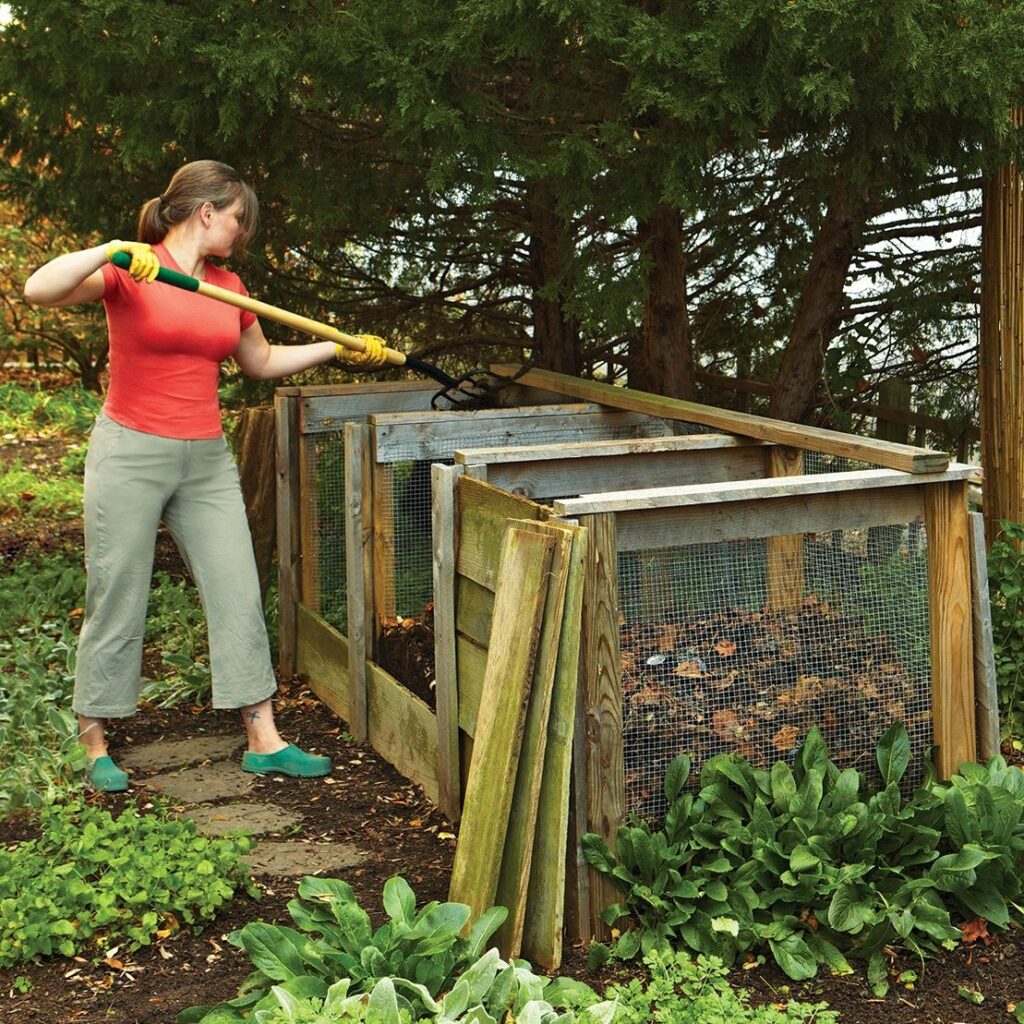Composting is a great way to reduce waste and improve your soil. This article covers the basics of composting, from what materials to use to how to maintain your compost pile. We also discuss the benefits of composting for your garden and the environment. With our guide, you’ll be on your way to creating nutrient-rich compost for your plants. Composting is a natural process that turns organic waste into a valuable soil amendment.
To start composting, you’ll need a mix of green and brown materials. Green materials, such as fruit and vegetable scraps, grass clippings, and coffee grounds, are high in nitrogen. Brown materials, like dead leaves, straw, and shredded paper, are high in carbon. A balanced compost pile should have a ratio of about 1 part green to 3 parts brown. This ratio ensures that the compost pile heats up properly, breaking down the materials efficiently.
Maintaining your compost pile requires regular turning and monitoring. Turning the pile introduces oxygen, which is essential for the composting process. It also helps distribute moisture evenly throughout the pile. A well-maintained compost pile should be slightly damp, like a wrung-out sponge. If it’s too dry, add water; if it’s too wet, add more brown materials. Keeping your compost pile in a sunny location can also help speed up the process.
Composting offers numerous benefits for your garden. It improves soil structure, increases water retention, and provides essential nutrients for your plants. Compost also supports beneficial soil microorganisms, which help break down organic matter and make nutrients available to plants. By using compost, you can reduce the need for chemical fertilizers and create a healthier garden ecosystem.
In addition to the benefits for your garden, composting also has a positive impact on the environment. It reduces the amount of waste sent to landfills, lowering methane emissions and conserving resources. Composting also helps sequester carbon in the soil, mitigating the effects of climate change. By composting at home, you can contribute to a more sustainable future while improving your garden.

